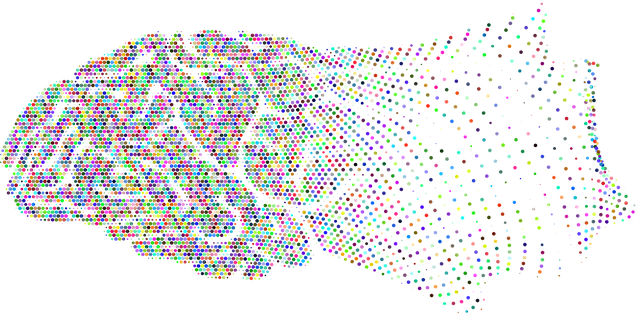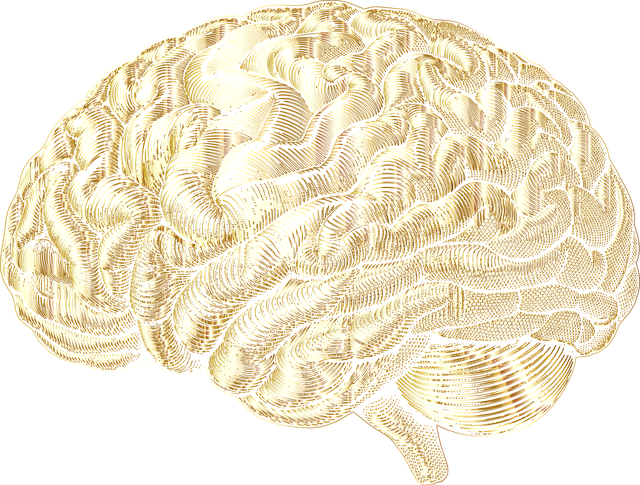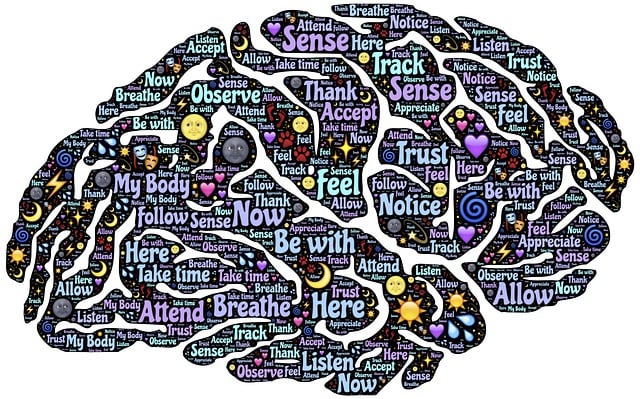Children's unique understanding of loss requires sensitive, age-appropriate therapy, emphasizing emotional expression through art and storytelling. Early intervention is crucial for trauma management, focusing on developmentally appropriate strategies like play or art therapy to process grief and build resilience. Effective therapeutic approaches include CBT, mental wellness coaching, and journaling, creating safe spaces for emotional expression and healthier coping mechanisms. Advocacy for mental health policy analysis improves access to these resources, benefiting children affected by trauma and their families. Recognizing distress signs and early intervention through therapy prevent long-term mental health issues, fostering resilience and healthy stress management.
Loss, grief, and bereavement counseling are essential tools in helping children navigate the challenging waters of trauma healing. This comprehensive guide explores these topics, focusing on how counseling can support young minds during difficult times. We delve into understanding loss and its impact on children, examine various therapy techniques proven effective for trauma healing, and offer practical advice for parents and caregivers navigating this journey. By exploring these aspects, we aim to provide insights into the vital role of counseling in facilitating a child’s recovery from loss and grief.
- Understanding Loss, Grief, and Bereavement in Children
- The Role of Counseling in Supporting Young Minds
- Common Therapies and Techniques for Trauma Healing
- Navigating the Journey: A Guide for Parents and Caregivers
Understanding Loss, Grief, and Bereavement in Children

Understanding Loss, Grief, and Bereavement in Children is a complex process that requires sensitive and tailored therapy. Children experience loss differently than adults, often expressing their emotions through play, drawings, or even silence. A child’s ability to process grief is heavily influenced by their age, emotional intelligence, and the support they receive from caregivers and mental health professionals. Early intervention and risk assessment are crucial for effective management of trauma resulting from loss.
Mental health professionals must employ strategies that cater to a child’s developmental stage when providing therapy. This includes incorporating activities like art therapy, storytelling, and play to help them communicate their feelings. Risk management planning is essential in ensuring these sessions are safe spaces where children can explore their emotions without exacerbating existing mental health issues. Emotional intelligence, both in professionals and children, plays a pivotal role in navigating the challenges of bereavement, fostering resilience, and facilitating healing.
The Role of Counseling in Supporting Young Minds

Counseling plays a pivotal role in supporting young minds grappling with loss, grief, and bereavement. For children, who often struggle to process complex emotions, therapy serves as a safe space to express their feelings. Through structured conversations and various therapeutic techniques, counselors help them navigate the tumultuous journey of understanding and coping with their trauma. This support is crucial for fostering resilience building in young individuals, enabling them to develop healthy emotional regulation skills that will significantly contribute to their mental wellness in the long term.
The process involves creating a non-judgmental environment where children can share their experiences, fears, and memories. Counselors employ age-appropriate strategies, such as play therapy or art therapy, to facilitate emotional expression. These methods not only make counseling more engaging for children but also allow them to externalize their internal struggles, providing a clearer path towards healing. By addressing the underlying issues, counseling sessions empower young minds to process grief, enhance coping mechanisms, and cultivate resilience in the face of adversity.
Common Therapies and Techniques for Trauma Healing

In addressing trauma healing, especially for children experiencing loss, grief, and bereavement, several effective therapies and techniques have proven beneficial. Play therapy, for instance, offers a safe space for kids to express their emotions through play, helping them process traumatic experiences in a child-friendly manner. Art therapy is another powerful tool that encourages self-expression through creative mediums like painting or drawing, enabling children to externalize their feelings and memories.
Beyond these, Cognitive Behavioral Therapy (CBT) plays a crucial role in reframing negative thought patterns associated with trauma. By identifying and challenging distorted beliefs, CBT aids in developing healthier coping mechanisms. Mental wellness coaching programs and journaling exercises also gain prominence, providing guidance for both children and their caregivers. These practices promote self-awareness, emotional regulation, and the development of adaptive strategies for navigating traumatic memories. In addition, advocacy for mental health policy analysis and awareness can significantly enhance access to such therapeutic resources, ultimately contributing to improved mental wellness outcomes.
Navigating the Journey: A Guide for Parents and Caregivers

Navigating the journey of loss, grief, and bereavement can be particularly challenging for parents and caregivers. This process is often complex and unique to each individual’s experience. When a child experiences trauma from such events, it becomes even more critical to access appropriate support. Therapy for children affected by loss offers a lifeline, providing them with the tools to process their emotions and cope in healthy ways.
As parents and caregivers, recognizing the signs of distress in children is essential. This may include changes in behavior, mood swings, or withdrawal from activities they once enjoyed. Early intervention through therapy can prevent long-term mental health issues. Mental Health Policy Analysis and Advocacy plays a crucial role in ensuring that effective support systems are in place for vulnerable families. By addressing the trauma and grief, professionals can help children develop resilience and learn healthy stress management techniques, which are vital components of their overall well-being. Additionally, reducing the stigma associated with mental illness through advocacy is essential to encourage families to seek necessary assistance without hesitation.
Loss, grief, and bereavement counseling play a pivotal role in helping children navigate their emotional journeys after traumatic experiences. By understanding their unique needs, therapists can employ various therapies and techniques to facilitate healing. These include cognitive-behavioral therapy, mindfulness practices, and supportive group settings. For parents and caregivers, providing a safe, non-judgmental space for their children to express feelings is essential. With the right support, children can learn to process trauma, develop coping strategies, and ultimately, find resilience in the face of loss. This journey requires patience, empathy, and access to effective therapy for children trauma healing.








